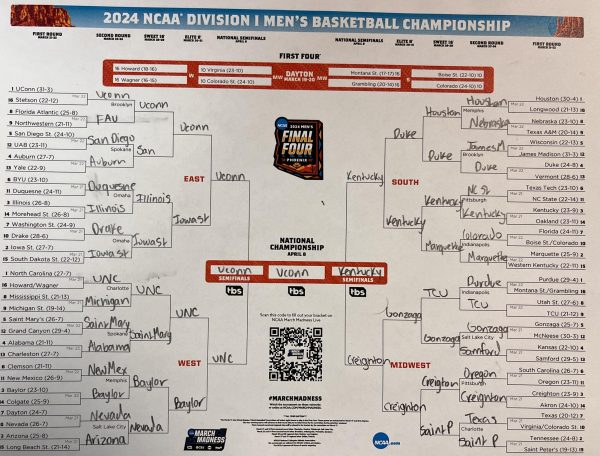What are students really learning in school
In school we are taught the basics of science, language arts, math and history, but some child development experts are concerned that the schools today are not teaching students the skills that they will need to succeed in the future. These people are concerned that students are mostly being taught to memorize information; this might be helpful to learn, but is it worth the cost of not being taught critical life skills?
Personally I feel as though as a student I should be learning more about life skills than learn about how to T.W.I.S.T. poems. Some people might say it is the responsibility of the parent to teach their children the skills they will need, but not all parents are qualified to do this. For the parents that do have the time and ability to teach their children the information this isn’t a problem, but there are far more parents that are unable to teach the skills students need.
According to The Mission.org, in 2011 53.6% of college graduates were either out of work or underemployed, meaning that the job they have is not using them to their full capacity. For the 48% of college graduates those who have jobs, those jobs require less than a four-year degree. Although these statistics state that these are college graduates, most if not all of these graduates had graduated from high school, meaning that they didn’t learn any of the information that they would need for a career in high school either.
A few adjustments could be made to the school system that might help with the problem. Solutions that might work could be new elective classes that are used to teach the important life skills that students will need in the future, such as classes that teach students how to manage money and how to pay taxes. While some people might say that students can learn that information in their math classes, the curriculum only teaches this for one to two weeks before students move onto a new topic and forget most of the prior information.
Another possible change is to start teaching the skills that are needed to survive in the real world before college because not everyone goes to college, but everyone needs to know these things. While there are classes already such as Professional Communications, Health, and College and Career, those classes are usually only one semester and for College and Career classes, one semester is not nearly long enough.
While schools will tell students that employers are looking for people who think outside the box, the school system tends to beat the creativity out of students with work that seems endless. The more work students are given, the less time that they have to go explore new ideas and find new hobbies to further help them with their future.
As students, it is our responsibility to make the changes that are necessary for us to survive in the real world once we are out of school. It is up to the students now to share with the teachers and administrators the classes we feel we need.









freddie lolz • Apr 20, 2021 at 1:12 pm
hi jade
Gabby L Daniels • Apr 20, 2021 at 1:09 pm
hello world